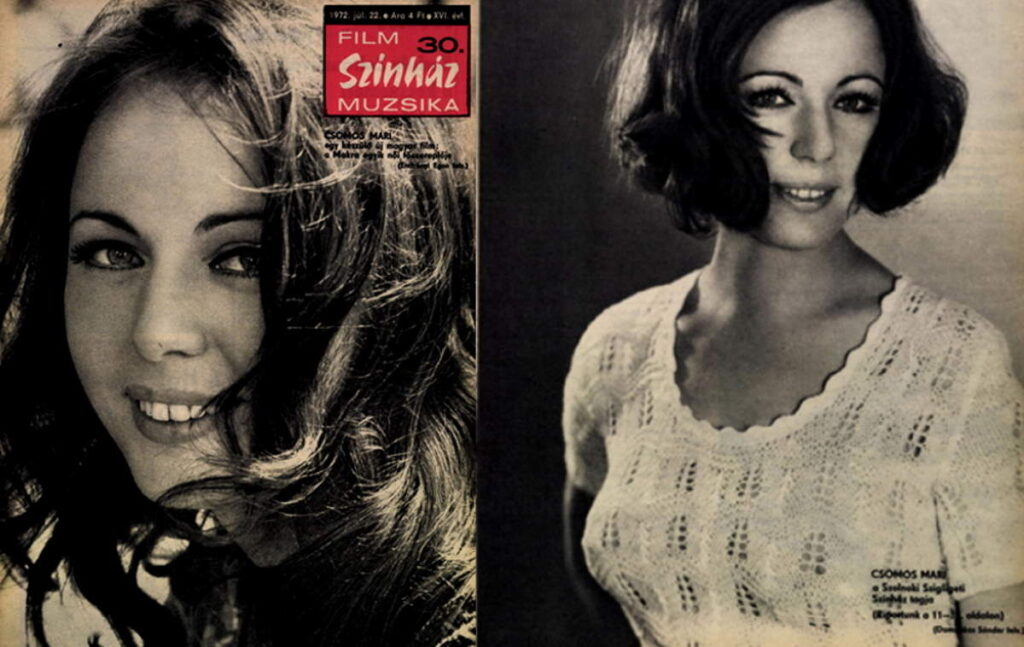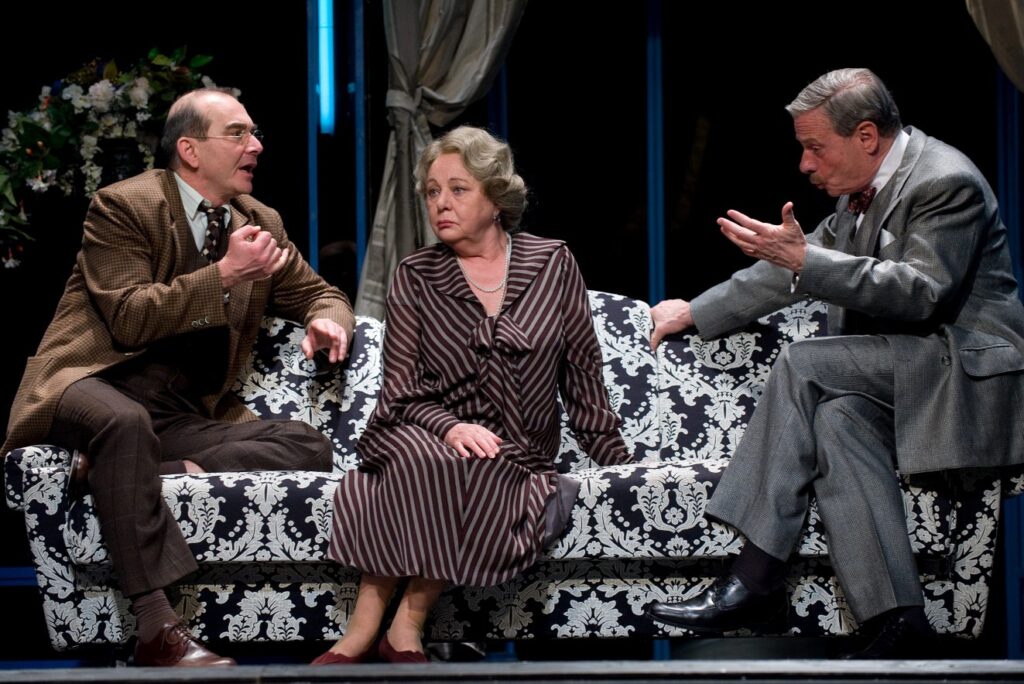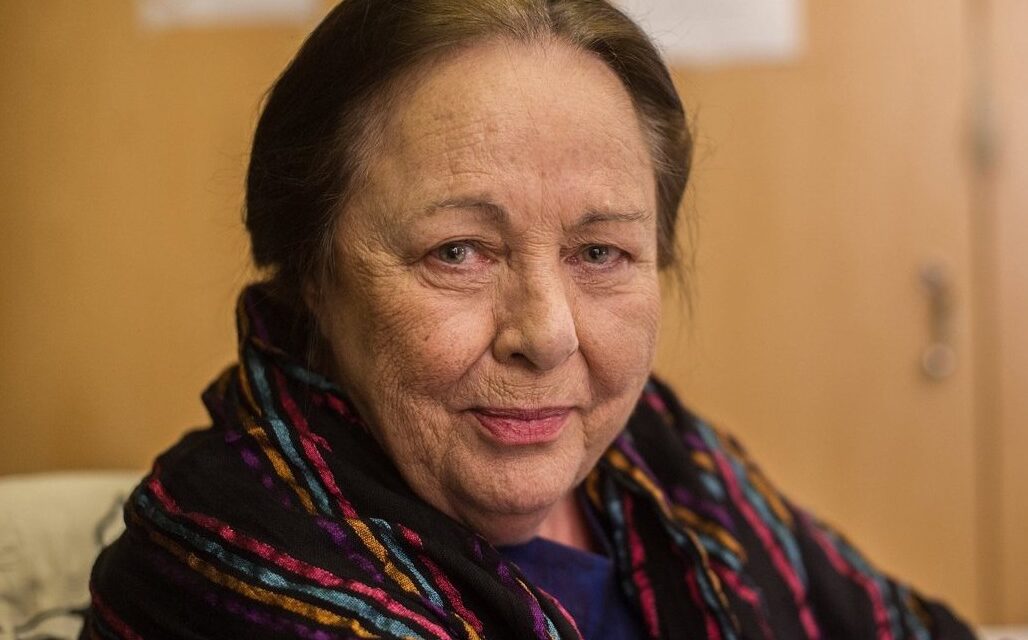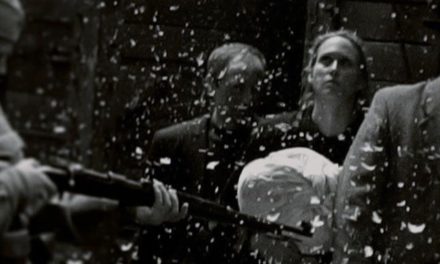"Once I read a story in class and there was a great silence around me. They listened to me!” – This is how Mari Csomós told me about the moment when she decided to become an actress. The worthy artist with the Kossuth and Prima Primissima awards, the Actor of the Nation, the hereditary member of the Society of the Immortals, celebrated his eightieth birthday yesterday, September 25.
Mari Csomós was born in Vajdácska in a small village near Sárospatak in 1943. Fortunately, her military officer father was not opposed to her daughter becoming an actress, and immediately after graduation, she was admitted to the Drama School, where she graduated from Zsuzsa Simon's class.
"I hate it when we say that, over sixty, because we were still young then, but we really were! We ran to the Zoo and back, and we loved Böbe the monkey very much," to Judit Canjavec a 2006 interview - " I was in Veszprém in the morning, then came Kecskemét, then Szolnok."
"I spent fourteen years in the countryside. At that time, the Kaposvár theater was legendary, and so was Szolnok. Something new has begun, a different kind of theater. Then Gábor Székely and Gábor Zsámbéki moved to Pest to the National, and I also went with them. After that came the Katona József Theater" - of which Mari Csomós is one of the founding members. From there, he moved to the Új Színház led by Gábor Székely in 1994, and then signed a contract with the Radnót Theater in 1997, of which he is still an esteemed member.

Mari Csomós was soon on the front page of theater newspapers.
Photos: Arcanum/Film Theater Music
But filmmaking also found him early: Miklós Jancsó discovered him as a college student and featured him in many of his movies. The television series I'll be here in an hour brought him national fame, where he starred as Gábor Harsányi's partner. But he also played in the films 141 minutes from the unfinished sentence, Jadviga's pillow, Fatelessness or My Mother and other running fools from the family, among others.
"In the countryside, it was natural that the people living there knew their actors, " he said. - But Budapest is a big city. It happened recently that when I went shopping in the store, someone spoke to me. He thanked me for what he got from me on stage. I turned around and everyone around me was smiling at me.
Somehow this gesture made me aware that they knew me - but tactfully. And that made me happy.”
Mari Csomós' husband was dramatist and actor Gábor Deme, who unfortunately died in 1984 at the age of 50. The actress never married again. After that, he certainly sought happiness in theater work.
"I'm not really interested in glitter during the day. But it's nice when an aunt addresses me and says to me: »Artist, you're more beautiful than on TV!«, she said with a laugh. "You know because I'm wearing that rejuvenating cream!" Because I deserve it…!" - he cheerfully referred to the advertising slogan we all know.
During his career, he received almost every award: Kossuth Award, Jászai Mari Award, Kazinczy Award, Hungary's Worthy Artist Award, Aase Award, Theater Critics Award, Radnóti Award, Prima Primissima Award, Hazám Award, Actor of the Nation award.
"There is something of me in every role.
I guess from the outside, I'm a sad clown.
But I also really like to play comedy. And in such cases they usually wonder at me," he said in the interview, where he also talked about how much you can learn from the roles. - "Very much! And a role gives a lot! Sometimes I read a piece and start to cherish it. I sit down in front of it, look at it, underline my role, and sure enough, the copy becomes a bit worn out after a while. There are also times when a task affects me less, or I don't feel like it, I don't feel like it. Then somehow he doesn't want to, and I put it off until tomorrow and then after. That's when I look for something in him to love."

Pygmalion at the Radnót Theater: Tibor Szervét, Mari Csomós and András Bálint SOURCE: MTI/PÉTER KOLLÁNYI
Gabriella Hámori once declared that Mari Csomós is her role model. Among other things, because – in addition to professional excellence – he never smiled for awards or roles, but worked hard for his success, and this, in his opinion, is an example to be respected and followed. Inevitably, the question arises as to what the one who chose the more difficult path draws strength from.
"I do not know.
They used to say that maybe the chestnut tree, the parents' house, and the walnut trees in the garden... But those trees grow there, but I have to get up here every morning."
And when asked if he likes to look back on his life, he answered with the following words:
"Maybe I'd be better off not looking back. But what I look back on is my life.”
Source: Budapest newspaper, Újságmuzeum, Wikipedia , Fidelio
Cover photo: MTI/Kallos Bea












